Blog
Carl Jung’s experience in New Mexico with the Pueblos Indians
Surya Tahora - 20 April, 2020
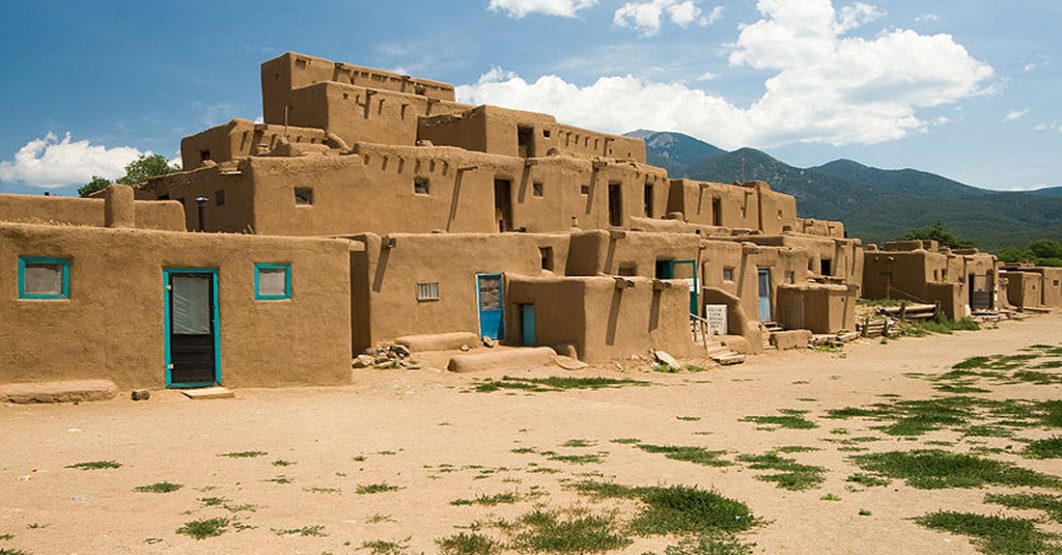
Taos Pueblo
In this long passage from Memories, Dreams, Reflections by C.G. Jung, there are two distinct but yet related stories.
One is about how the Pueblos see the white man who has colonized them and is about to destroy their ancient culture.
The second story goes into the mysteries of Indians ways of relating to nature and in particular the sun: “After all,” he said, “we are a people who live on the roof of the world; we are the sons of the Father Sun, and with our religion we daily help our father to go across the sky. We do this not only for ourselves, but for the whole world. If we were to cease practising our religion, in ten years time the sun would no longer rise. Then it would be night forever.”
On my next trip to the United States I went with a group of American friends to visit the Indians of New Mexico, the city-building Pueblos. “City,” however, is too strong a word. What they build are in reality only villages; but their crowded houses piled one atop the other suggest the word “city,” as do their language and their whole manner. There for the first time I had the good fortune to talk with a non-European, that is, to a non-white. He was the chief of the Taos Pueblos, an intelligent man between the ages of forty and fifty. His name was Ochwiay Bianco (Mountain Lake). I was able to talk with him as I have rarely been able to talk with a European. To be sure, he was caught up in his world just as much as a European is caught up in his, but what a world it was! In talk with a European, one is constantly running up on the sandbars of things long known but never understood; with this Indian, the vessel floated freely on deep, alien seas. At the same time, one never knows which is more enjoyable: catching sight of new shores, or discovering new approaches to age-old knowledge that has been almost forgotten.
“See,” Ochwiay Bianco said, “how cruel the whites look. Their lips are thin, their noses sharp, their faces furrowed and distorted by folds. Their eyes have a staring expression; they are always seeking something. What are they seeking? The whites always want something; they are always uneasy and restless. We do not know what they want. We do not understand them. We think they are mad.”
I asked him why he thought the whites were all mad.
“They say they think with their heads,” he replied.
“Why of course. What do you think with,” I asked him in surprise.
“We think here,” he said, indicating his heart.
I fell into a long meditation. For the first time in my life, as it seemed to me, someone had drawn for me a picture of the real white man. It was as though until now I had seen nothing but sentimental, prettified colour prints. This Indian had struck our vulnerable spot, unveiled a truth to which we are blind. I felt rising within me like a shapeless mist something unknown and yet deeply familiar. And out of this mist, image upon image detached itself: first Roman legions smashing into the cities of Gaul, and the keenly incised features of Julius Caesar, Scipio Africanus, and Pompey. I saw the Roman eagle on the North Sea and on the banks of the White Nile. Then I saw St. Augustine transmitting the Christian creed to the Britons on the tips of Roman lances, and Charlemagne’s most glorious forced conversions of the heathen; then the pillaging and murdering bands of the Crusading armies. With a severe stab I realised the hollowness of that old romanticism about the Crusades. Then followed Columbus, Cortes, and the other conquistadors who with fire, sword, torture and Christianity came down upon even these remote Pueblos dreaming peacefully in the Sun, their Father. I saw, too, the peoples of the Pacific islands decimated by firewater, syphilis, and scarlet fever carried in the clothes the missionaries forced on them.
It was enough. What we from our point of view call colonisation, missions to the heathen, spread of civilisation, etc., has another face – the face of a bird of prey seeking with cruel intentness for distant quarry – a face worthy of a race of pirates and highwaymen. All the eagles and other predatory creatures that adorn our coats of arms seem to me apt psychological representatives of our true nature.
Something else that Ochwiay Bianco said to me stuck in my mind. It seems to me so intimately connected with the peculiar atmosphere of our interview that my account would be incomplete if I failed to mention it. Our conversation took place on the fifth storey of the main building. At frequent intervals figures of other Indians could be seen on the roofs, wrapped in their woollen blankets, sunk in contemplation of the wandering sun that daily rose in a clear sky. Around us were grouped the low-built square buildings of air-dried brick (adobe), with the characteristic ladders that reach from the ground to the roof, or from roof to roof of the higher storeys. (In earlier, dangerous times the entrance used to be through the roof.) Before us the rolling plateau of Taos (about eleven thousand feet above sea level) stretched to the horizon, where several conical peaks (ancient volcanoes) rose to over twelve thousand feet. Behind us a clear stream purled past the houses, and on its opposite bank stood a second pueblo of reddish adobe houses, built one atop the other towards the centre of the settlement, thus strangely anticipating the perspective of an American metropolis with its skyscrapers in the centre. Perhaps half an hour’s journey upriver rose a mighty isolated mountain, the mountain, which has no name. The story goes that on days when the mountain is wrapped in cloud, the men vanish to perform mysterious rites.
The Pueblo Indians are unusually closemouthed, and in matters of their religion utterly inaccessible. They make it a policy to keep their religious practices a secret, and this secret is so strictly guarded that I abandoned as hopeless any attempt at direct questioning. Never before had I run into such an atmosphere of secrecy; the religions of civilised nations to-day are all accessible; their sacraments have long ago ceased to be mysteries. Here, however, the air was filled with a secret known to all the communicants, but to which whites could gain no access. This strange situation gave me an inkling of Eleusia, whose secret was known to one nation and yet never betrayed. I understood what Pausanias or Heredotus felt when he wrote: “I am not permitted to name the name of that god.” This was not, I felt, mystification, but a vital mystery whose betrayal might bring about the downfall of the community as well as of the individual. Preservation of the secret gives the Pueblo Indian pride and the power to resist the dominant whites. It gives him cohesion and unity; and I feel sure that the Pueblos as an individual community will continue to exist as long as their mysteries are not desecrated.
It was astonishing to me to see how the Indian’s emotions change when he speaks of his religious ideas. In ordinary life he shows a degree of self-control and dignity that borders on fatalistic equanimity. But when he speaks of things that pertain to his mysteries, he is in the grip of a surprising emotion which he cannot conceal – a fact which greatly helped to satisfy my curiosity. As I have said, direct questioning led to nothing. When, therefore, I wanted to know about essential matters, I made tentative remarks and observed my interlocutor’s expression for those affective movements which are so very familiar to me. If I had hit on something essential, he remained silent or gave an evasive reply, but with all the signs of profound emotion; frequently tears would fill his eyes. Their religious theories are not conceptions to them (which, indeed, would have to be very curious theories to evoke tears from a man), but facts, as important and moving as the corresponding external realities.
As I sat with Ochwiay Bianco on the roof, the blazing sun rising higher and higher, he said, pointing to the sun, “Is not he who moves there our father? How can anyone say differently? How can there be another god? Nothing can be without the sun.” His excitement, which was already perceptible, mounted still higher: he struggled for words, and exclaimed at last, “What would a man do alone in the mountains? He cannot even build his fire without him.”
I asked him whether he did not think the sun might be a fiery ball shaped by an invisible god. My question did not even arouse astonishment, let alone anger. Obviously it touched nothing within him; he did not even think my question stupid. It merely left him cold. I had the feeling that I had come upon an insurmountable wall. His only rely was, “The sun is God. Everyone can see that.”
Although no one can help feeling the tremendous impress of the sun, it was a novel and deeply affecting experience for me to see these mature, dignified men in the grip of an overmastering emotion when they spoke of it.
Another time I stood by the river and looked up at the mountains, which rise almost another six thousand feet above the plateau. I was just thinking that this was the roof of the American continent, and that the people lived here in the face of the sun like the Indians who stood wrapped in blankets on the highest roofs of the pueblo, mute and absorbed in the sight of the sun. Suddenly a deep voice, vibrant with suppressed emotion, spoke from behind me into my left ear: “Do you think that all life comes from the mountain?” An elderly Indian had come up to me, inaudible in his moccasins, and has asked me this heaven knows how far-reaching question. A glance at the river pouring down from the mountain showed me the outward image that had engendered this conclusion. Obviously all life came from the mountain, for where there is water, there is life. Nothing could be more obvious. In his question I felt a swelling emotion connected with the word “mountain”, and thought of the tale of secret rites celebrated on the mountain. I replied, “Everyone can see that you speak the truth.”
Unfortunately, the conversation was soon interrupted, and so I did not succeed in attaining any deeper insight into the symbolism of water and mountain.
I observed that the Pueblos Indians, reluctant as they were to speak about anything concerning their religion, talked with great readiness and intensity about their relations with the Americans. “Why,” Mountain Lake said, “do the Americans not let us alone? Why do they want to forbid our dances? Why do they make difficulties when we want to take our young people from school in order to lad them in the kiva (site of the rituals, and instruct them in our religion? We do nothing to harm the Americans!” After a prolonged silence, he continued, “The Americans want to stamp out our religion. Why can they not let us alone? What we do, we do not only for ourselves but for the Americans also. Yes, we do it for the whole world. Everyone benefits by it.”
I could observe from his excitement that he was alluding to some extremely important element of his religion. I therefore asked him: “You think, then, that what you do in your religion benefits the whole world?” He replied with great animation. “Of course. If we did not do it, what would become of the world?” And with a significant gesture he pointed to the sun.
I felt that we were approaching extremely delicate ground here, verging on the mysteries of the tribe. “After all,” he said, “we are a people who live on the roof of the world; we are the sons of the Father Sun, and with our religion we daily help our father to go across the sky. We do this not only for ourselves, but for the whole world. If we were to cease practising our religion, in ten years time the sun would no longer rise. Then it would be night forever.”
I then realised on what the “dignity,” the tranquil composure of the individual Indian, was founded. It springs from his being a son of the sun; his life is cosmologically meaningful, for he helps the father and preserver of all life in his daily rise and descent. If we set against this our own self-justifications, the meaning of our own lives as it is formulated by our reason, we cannot help but see our poverty. Out of sheer envy we are obliged to smile at the Indians’ naiveté and to plume ourselves on our cleverness; for otherwise we would discover how impoverished and down at the heels we are. Knowledge does not enrich us; it removes us more and more from the mythic world in which we were once at home by right of birth.
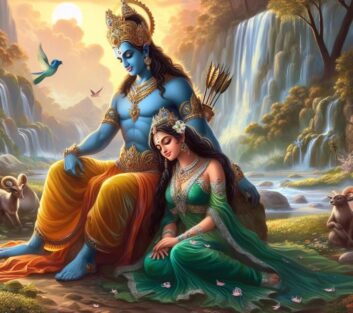
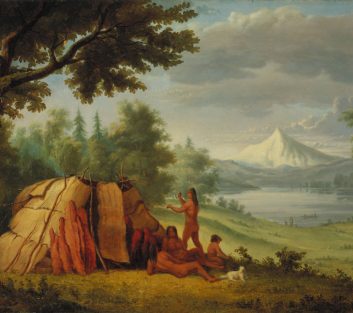
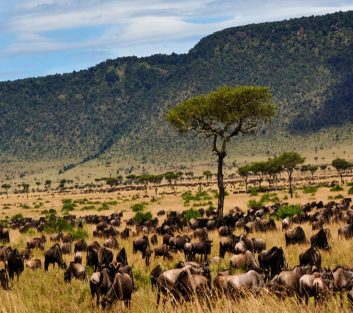
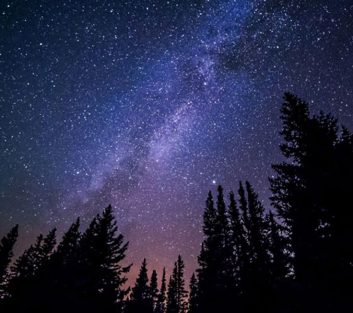
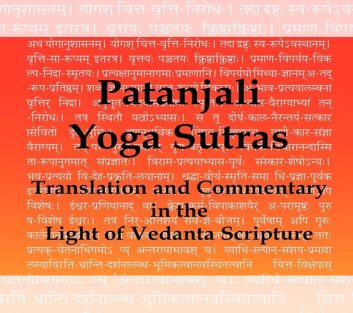
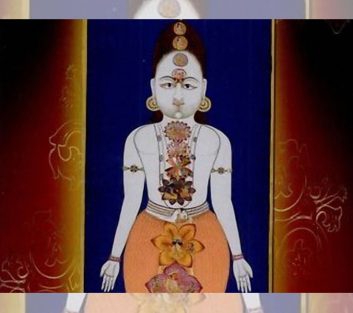
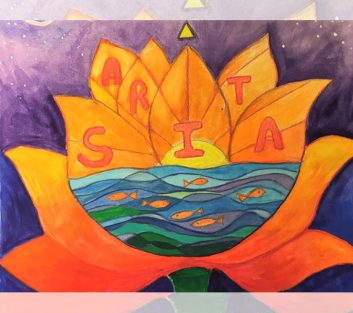
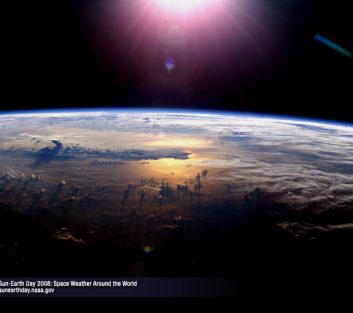
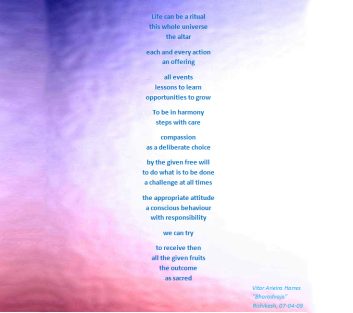
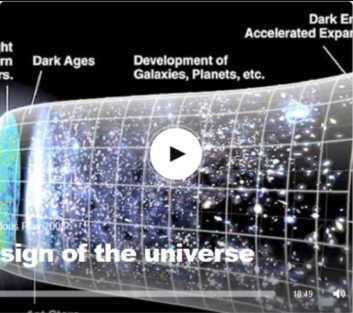
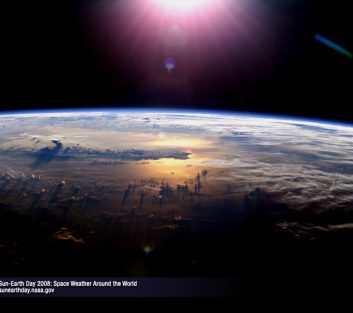
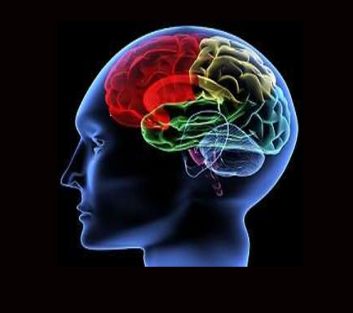
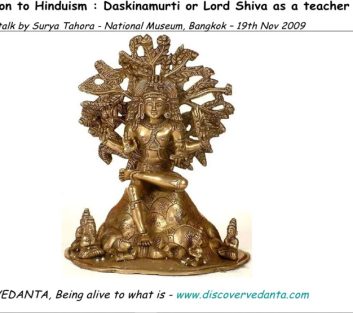
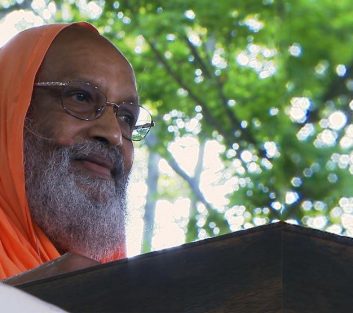
Leave a comment